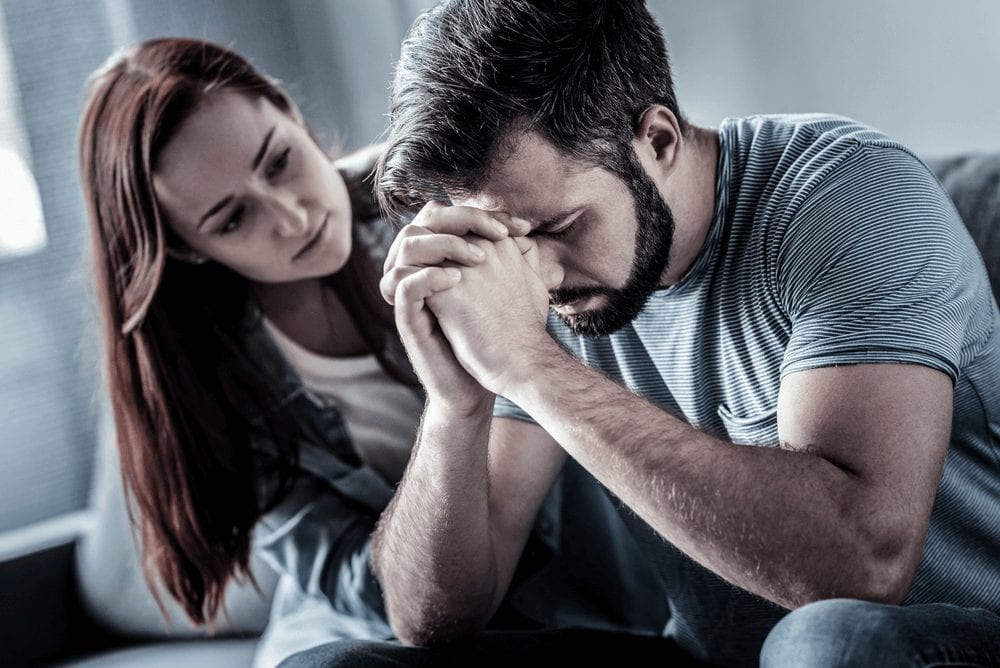Weight loss ‘before and after’ photos don’t give us a full picture of our health | Dejan Jotanovic | Opinion
Walking home from the shops one day I spotted a large advertisement for a local gym plastered to the side of a building. “Flatten the curve in 2021,” it shouted. Fascinating, I noted, how it simultaneously played on the collective trauma of the past year while also signalling its intrinsic fatphobia. Advertising, after all, is designed to first instil and then prey on our insecurities and anxieties.
We can all agree that the past year has been tough for the body. Lockdown restrictions and a surge in working from home have lulled most of us into a sedentary lifestyle. Add to this, too, the closure of spaces where we’d step and sweat out our week’s gluttony: gyms, pools, even nightclubs. The past 12 months have even introduced us to concepts such as “Covid kilos” – added body weight gained from surviving a deadly global pandemic.
It’s been tough, but January takes the cake. Itchy from the crumbs of 2020, the month is kneaded with meager attempts at reinvention as new year’s resolutions seduce us into redistributing our behaviours, choices and priorities. Stricter diets and amped up exercise routinely perch atop most lists.
My local gym (surprise! I’m not immune) uses a familiar tactic. The promotional fodder sees before/after photos of members, explicitly detailing how many kilos they’ve shaved away.
And as I scroll down Instagram I realise that many of us have become mules for the Diet Industrial Complex, publicly sharing the success of our body’s journey from before to after. And why shouldn’t we? Training and calorie-deficit dieting are examples of a discipline that is surely worthy of recognition.
But, when it comes to health, are body transformation photos truly the best metric to weigh on? Are before and after photos markers of achievement, or are they perhaps emblematic of our broader society’s obsession with weight loss and narrow builds of body image?
In our pursuit to post, are we prioritising individual forms of bodily achievement over the collective wellbeing of our online communities? Why, I wonder, do we continue to see weight loss as an explicit phenomena worth celebrating?
At this point, many reading will sneer. They’ll cite statistics on the growing rate of obesity in Australia’s adult population. They’ll list the comorbidities: type 2 diabetes, cardiovascular disease, stroke. Weight loss, they’ll suggest, is inextricably tied to health.
But as HuffPost’s Michael Hobbes reported in 2018, “everything you know about obesity is wrong”. Through a host of interviews and scientific papers, Hobbes maintains that weight loss isn’t as simple a science as one might assume. Some will have a much, much more difficult pathway to weight loss due to their unique individual factors. The longform piece concludes by arguing that mitigation efforts must shift from individual responsibility and intervention towards a focus on systematic issues, such as poverty, food management and regulation.
The piece also highlights a massive threat to fat people: our attitudes towards them.
Fatphobia, and its associated shame, stigma, and bias, can also cause severe health complications in fat people. New podcasts such as Maintenance Phase are doing important work in debunking our assumptions around wellness and weight loss.
Our unequivocal celebration of thinness doesn’t help. In May 2020 Adele emerged from a social media blackout considerably slimmer. Editor of Bitch Magazine, Evette Dionne, was cautious about all the glowing praise: “In a culture that often equates thinness with moral goodness, weight loss is worthy of celebration, no matter how it’s obtained or what it signals about what’s happening with our bodies.” Dionne reminds us that we don’t know the details of Adele’s weight loss – nor should we – yet we’re comfortable projecting our own virtues on to her new figure. The fact that we so uncritically assign positive attribution tells us everything we need to know about how we view bodies and value them.
This is personal. A decade ago my own disordered eating saw me lose a considerable amount of weight. I was told I looked great; but at what cost? Meals quickly became maths equations, calculating exactly how many calories sat on my plate. My body became a game in which there was no clear winner. When would I start living happily with my very own after?
My difficulty with body transformation photos is that we’re all somebody’s before and somebody else’s after in a system that so brutally values only a narrow margin of physiques. The crowded online environment feeds us an overflowing source of images that reveals to us the body hierarchy: here, one person’s success can all too quickly become another’s source of shame. What’s more, we’re sold universal dreams (“flatten the curve” “you could lose this weight, too”) that grate up to the very real limits of our body – or worse, we decide to push beyond them.
In July 2018 Lena Dunham shared an Instagram before/after that was startlingly different. In the before she was thinner, “complimented all day and propositioned by men and on the cover of a tabloid about diets that work.” In the after she was bigger, “happy joyous & free, complimented only by people that matter for reasons that matter”. She’s honest about her reflections: “Even this OG body positivity warrior sometimes looks at the left picture longingly, until I remember the impossible pain that brought me there and on to my proverbial knees. As I type I can feel my back fat rolling up under my shoulder blades. I lean in.”
The past 12 months have taught us that we need to be kinder to ourselves, heaving off arbitrary pressures and expectations.
We need to curve a new language around our bodies and their unique capabilities and limits. We need to prioritise our body’s internal circuitry – both physical and mental – if we’re to take our health seriously. We need to uproot our internalised fatphobia. Most importantly, we need to start recognising that everybody – every body – is deserving of dignity and respect.
• Dejan Jotanovic is a freelance writer based in Narrm/Melbourne. Twitter: @heydejan




